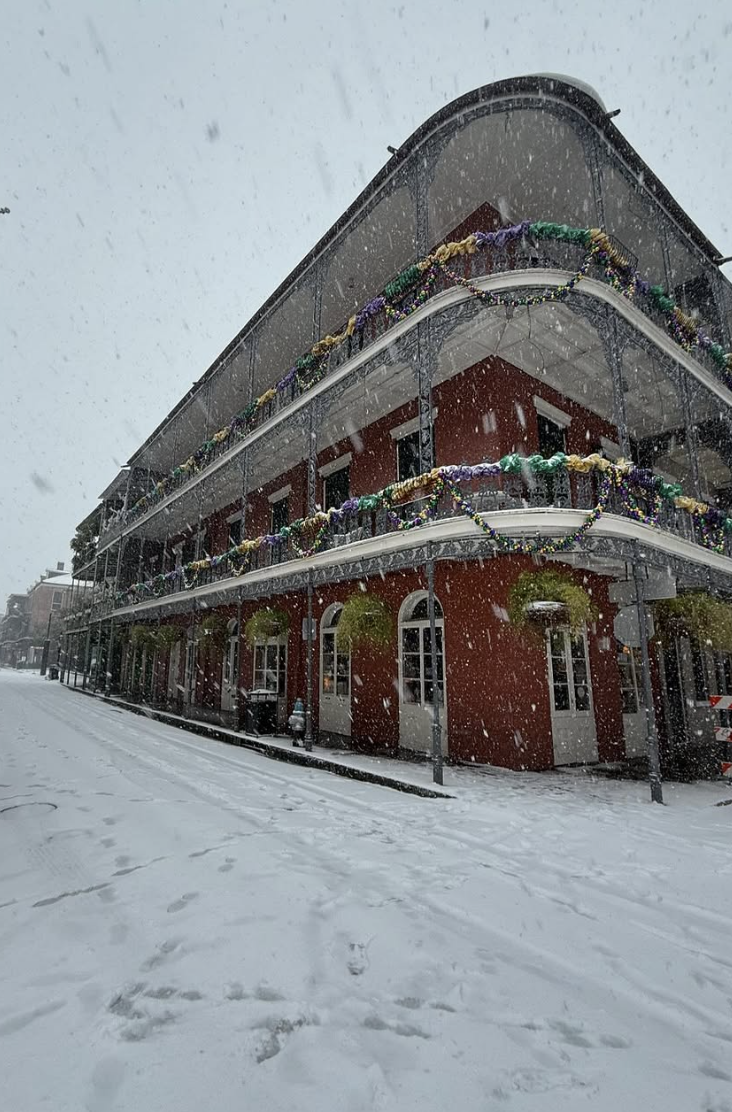A month ago, Greg Johnson of Skunk Bay Weather asked me why visibility often gets much worse after sunrise and then improves at sunset. And several other of you have asked the same question.
Here is what Greg was talking about. First the view at 5:32 AM on August 24th. Great visibility and the mountain peaks are clearly evident.
A little over an hour later (6:53 AM) and the it is all murk. No mountains!
You can watch his video of this "event" by clicking here.
Or another good example in July is found here.
Did some strange cloud come in with sunrise? A rising of obscuring vapors forced by the sun? Camera problems? None of these I suspect!
Let me tell you what is happening--and I have confirmed my interpretation with a department radiation expert.
Before sunrise, there are particles and droplets in the air, particularly near the surface, but they are not being illuminated by the sun. The mountain peaks are either getting illuminated or are silhouetted by the rising sun. Then the sun comes up and some of the light get intercepted by atmospheric particles and a portion of this light is scattered back to your eye--that produces the hazy look. You get a lot more light from the scattered particles than distance objects, causing the objects to fade out.
This effect is worsened by being in a location with lots of moisture and particles...like the coastal location above. And the reduction of visibility is worst near sunset since most of the scattering is in the forward direction (forward scattering).
Interestingly, away from the water, visibility often improves mid-day as drier, cleaner air gets mixed down from aloft, as the surface heats and the lower atmosphere becomes convectively mixed. But that is for another blog.
Pledge Breaks. Yes it is pledge break time at local public radio stations. If you do support public radio, I recommend my new station KPLU. I am not only impressed with their programming, but they have proven to be a real class act in all my interactions with them.
Dog Update: My little dog is still out there...probably in the Montlake Terrace to Brier area...keep your eyes out for her if you live up there! Thanks so much..cliff
This blog discusses current weather, weather prediction, climate issues, and current events
Subscribe to:
Post Comments (Atom)
Blocking Ridge, Dry Pacific Northwest, and Southern California Rain
Not a boring time for meteorologists. New Orleans Airport is closed with record-breaking snow and cold, while the Pacific Northwest is st...

-
The latest model forecasts are consistent: an unusually powerful storm with extreme low pressure will develop rapidly offshore on Monday a...
-
An extraordinary storm will develop a few hundred miles off our coast on Tuesday, a storm every bit as strong as a Category 1 hurricane. B...





A different phenomena than waking up as the sun rises and having a sunny morning, with all the mountains in view. And then about an hour (half?)later fog (light). I assume this is due to coldest temperature of the night occuring a little after sunrise.
ReplyDeleteIs this not your dog? http://blog.seattlepi.com/ingreenlake/2011/10/03/small-black-and-brown-dog-found-at-green-lake-community-center/
ReplyDeleteHow can one predict good timing to go and take clear panorama shots of our mountains? (e.g. after passing of a front and low humidity or what). It would be nice to know a little in advance so one could get ready.
ReplyDeleteUnknown, that poor thing doesn't look like Cliff's lovely dog.
ReplyDeleteCliff, just made my $60 pledge to KPLU, thanking them for bringing you to their station. Also copied KUOW on my email to KPLU so they would know why they are no longer getting my donation. I wonder how much of a sag KUOW is going to see?
Thanks for all you do... and appreciate you every time I look at the coastal radar loop. :-)
I thought that beside the light-scattering effect, the other dawn effect which lowers viz is due to continuing radiation cooling. The coolest temperatures on a windless morning are not right at sunrise, but as much as 45 minutes later. It takes a while after sunrise for the insolation effect to actually start warming the atmosphere, so ground fogs can develop just as the sun rises.
ReplyDeleteG. Schneider
Gresham, OR
Mountlake Terrace reader here--I'm keeping an eye out for your dog, Cliff!
ReplyDelete